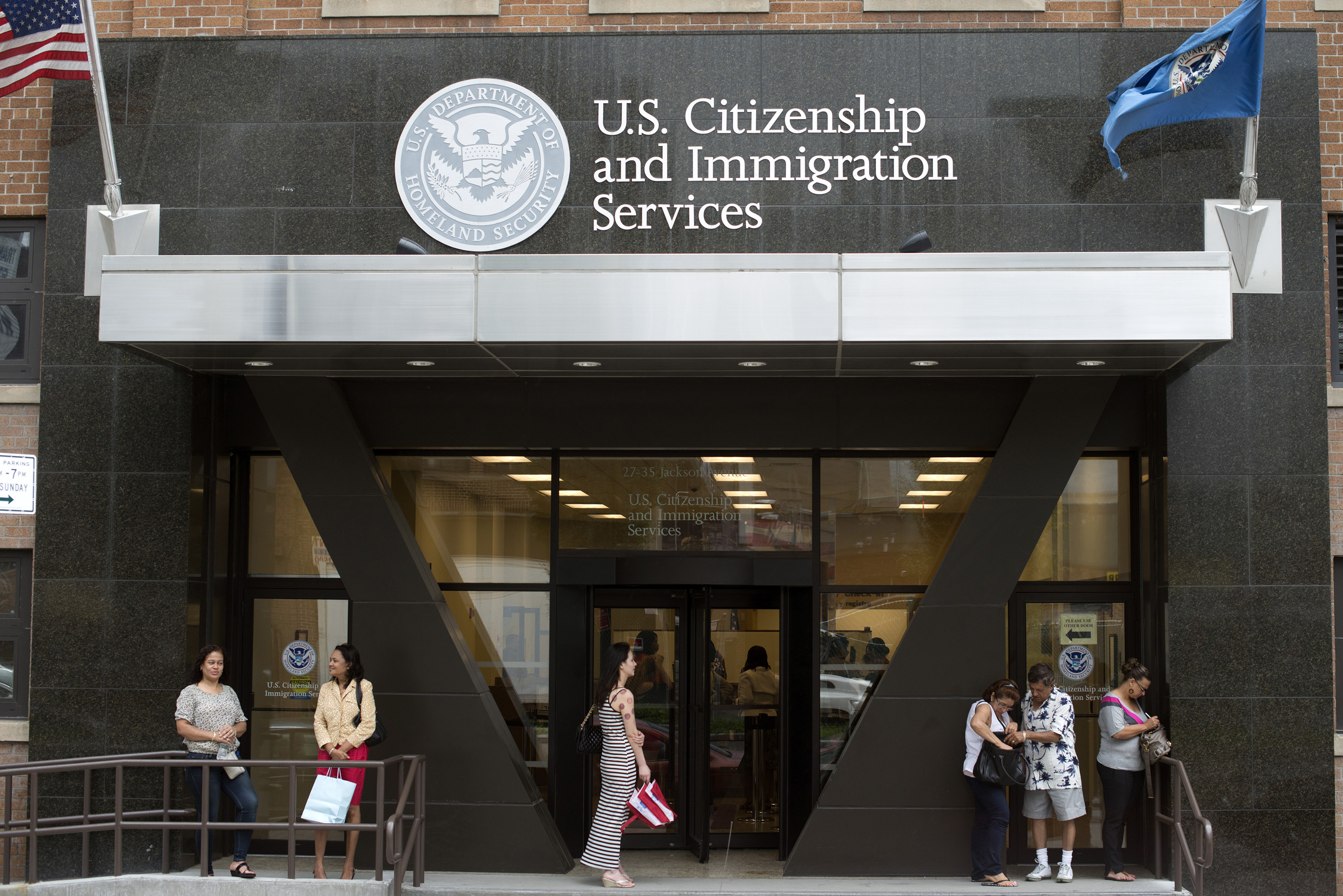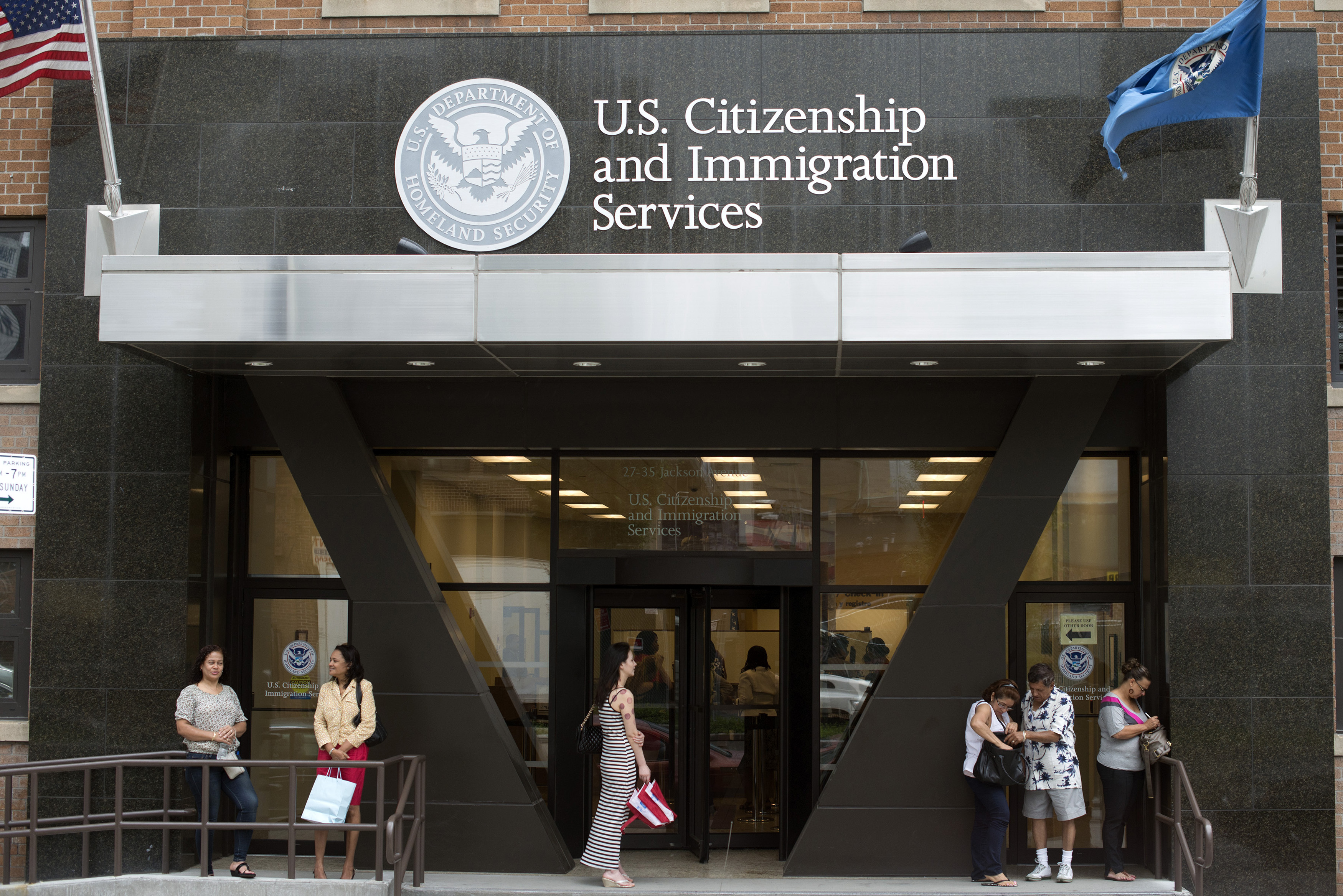The Trump administration has announced a new $5 million Gold Card visa, allowing wealthy foreigners to bypass traditional immigration hurdles, raising serious ethical questions about the commodification of American residency.
Gold Card Visa Favors the Rich
This proposed visa program, championed by former President Donald Trump, offers a fast lane to permanent residency for those who can afford the steep price tag. While many immigration lawyers confirm a surge of interest from affluent clients from countries like India, Pakistan, Egypt, and Russia, the implications of such a program are profound. It starkly contrasts with the U.S. immigration system that often leaves lower-income immigrants facing insurmountable barriers.
Environmental Justice at Risk
As reported by NPR, the Gold Card is structured to attract the wealthy elite under the guise of economic benefits. This creates a two-tiered immigration system that not only privileges the affluent but also diverts attention from the pressing environmental and social justice issues affecting marginalized communities. Wealthy immigrants may not only bring their capital, but they also bring environmental footprints and consumption patterns that disproportionately impact low-income neighborhoods already facing pollution and climate change threats.

Trump floats $5 million "gold card" as a route to US ...
Disparities in Immigration Policy
The stark contrast between the Gold Card program and traditional immigration pathways raises questions about equity and justice. The existing EB-5 program, which requires a much lower investment of $1 million to create jobs, is not as appealing to affluent individuals who see the Gold Card as a means to bypass red tape. As immigration attorney Darren Silver points out, the Gold Card is effectively a $5 million gift to the U.S. government, further entrenching the idea that residency can be purchased rather than earned through merit or contribution.
Historical Context of Investor Visas
Similar investor visa programs have faltered in other nations, including Malta and Spain, where such initiatives have been linked to rising housing prices and social inequities. The migration of wealthy individuals often exacerbates existing inequalities, pushing local residents out of their communities. The Gold Card could follow this trend, as it prioritizes wealth over the humanitarian aspects of immigration, effectively sidelining the needs of asylum seekers and those fleeing violence.

Trump floats $5 million "gold card" as a route to US ...
Legal and Ethical Challenges Ahead
As Trump asserts the legality of the Gold Card without congressional approval, many legal experts challenge the constitutionality of such a program. The risks inherent in opening the door to potentially unscrupulous wealthy individuals cannot be overstated, as concerns about money laundering and illicit funds arise. The U.S. must grapple with the ethical implications of granting residency based solely on financial capability while simultaneously deporting those with less privilege.
In the current climate, where the U.S. faces significant environmental challenges, prioritizing wealthy foreign nationals over those who truly need refuge undermines the fundamental values of justice and equity. The Gold Card program is not merely a policy; it represents a troubling shift towards commodifying human rights. The potential consequences of this initiative could have lasting impacts on both the social fabric and environmental landscape of America.

![[Video] Federal officers deploy sting balls and flash grenades at Whipple Building](/_next/image?url=%2Fapi%2Fimage%2Fthumbnails%2Fthumbnail-1768340555229-vhfcc-thumbnail.jpg&w=3840&q=75)
![[Video] Crowd-control weapons used in Minneapolis as anti-ICE protesters attack police vehicle](/_next/image?url=%2Fapi%2Fimage%2Fthumbnails%2Fthumbnail-1768336302231-akxf7s-thumbnail.jpg&w=3840&q=75)

![[Video] Protests erupt in Minneapolis after ICE detains teenager, multiple arrests made](/_next/image?url=%2Fapi%2Fimage%2Fthumbnails%2Fthumbnail-1768331835371-z9ylqg-thumbnail.jpg&w=3840&q=75)


![[Video] Gunfire between Iraqi security forces and Sadr militias in Baghdad](/_next/image?url=%2Fapi%2Fimage%2Fthumbnails%2Fthumbnail-1768343508874-4redb-thumbnail.jpg&w=3840&q=75)
